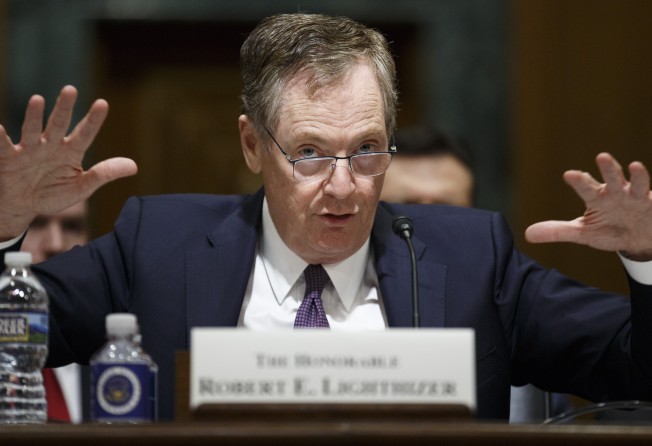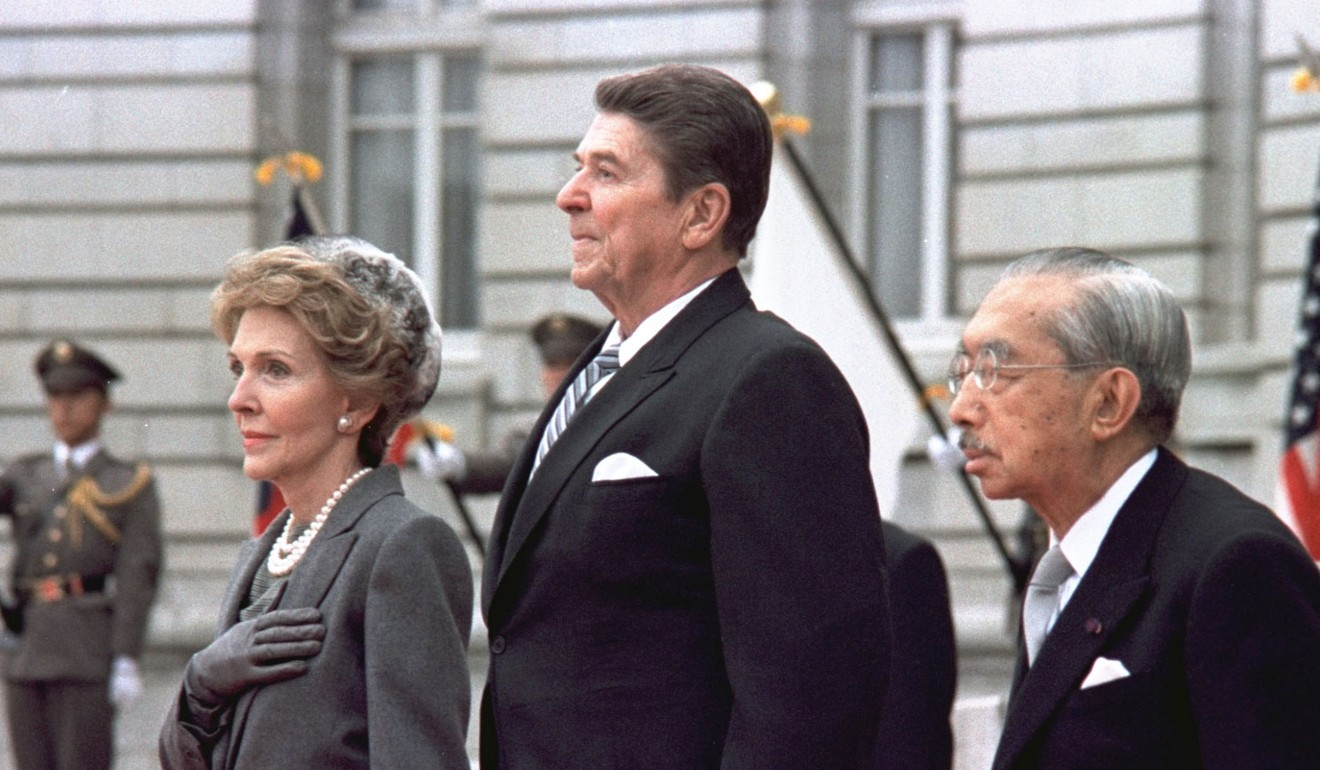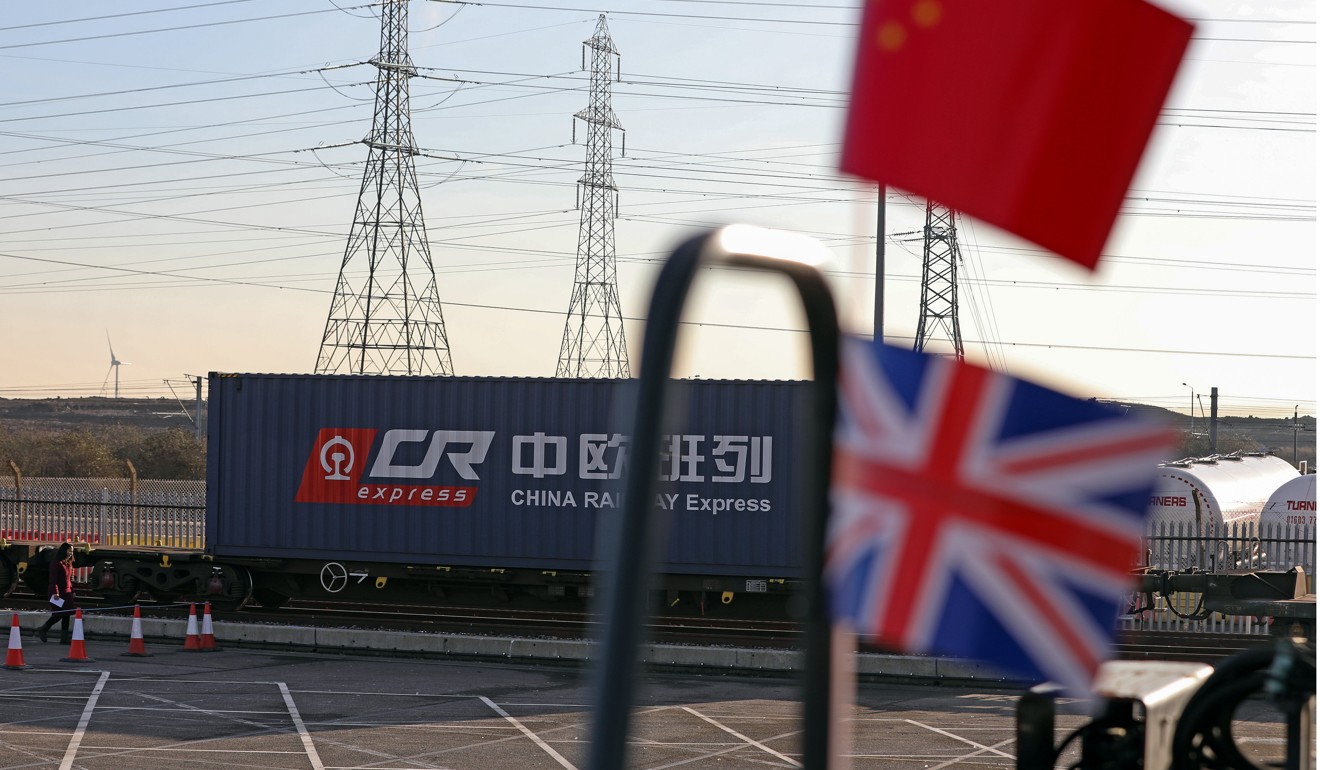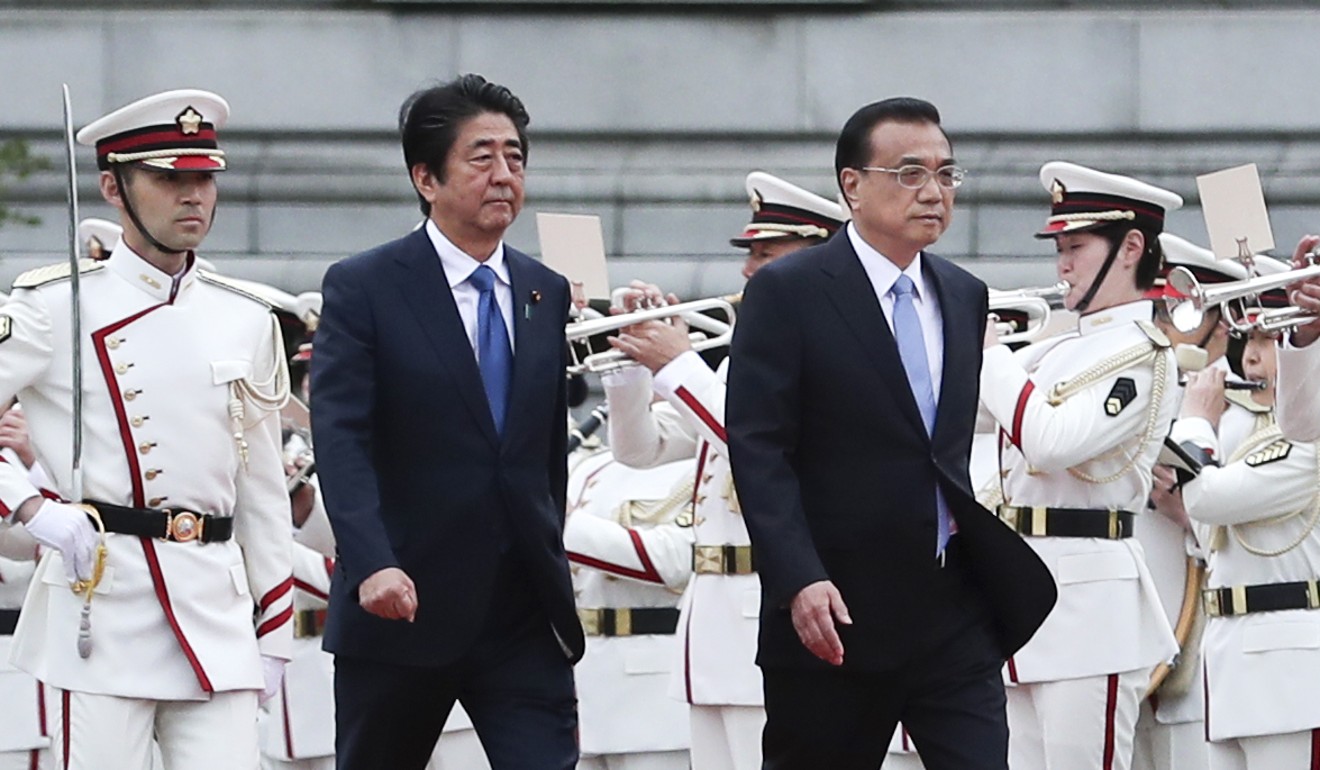China turns to Japan as surprise source of advice for handling Donald Trump’s ‘tough and relentless’ top trade negotiator
Beijing is consulting foreign officials for wisdom on dealing with Robert Lighthizer, a veteran of the US-Japan trade battles, the Post has learned

As China figures out how to deal with Robert Lighthizer, US President Donald Trump’s top trade negotiator, Beijing has turned to an unexpected rival for advice – Japan.
A diplomatic source who has dealt with Lighthizer said Chinese officials and academics have reached out in recent months to foreign diplomats and former officials of American trading partners for wisdom on handling the US trade representative.
The irony of China looking to its neighbour and rival Japan for insight has been brought about by the pivotal role Lighthizer played in the US-Japan trade battles of more than three decades ago, with severe consequences for Japan.
“Lighthizer is tough and relentless in negotiations,” the source said. “Some Chinese officials and experts are looking for advice on how to deal with [him].”
As former US President Ronald Reagan’s deputy trade chief in the 1980s, Lighthizer negotiated two dozen trade agreements with foreign nations on a range of commodities, from steel to farm products.
When Japan’s trade surplus with the US was sparking a confrontation between the two countries, the former international trade lawyer pressured Japan to reduce steel and auto exports to the US by restricting its shipments of electronic and agricultural products with punitive tariffs and quotas.
Washington also launched a series of trade investigations against Japan, leading to the US dollar’s depreciation against the Japanese yen.
Japan’s economy went into a decade-long decline after an attempt to boost domestic consumption through the lowering of interest rates triggered a bubble economy built on inflated real estate and stock market prices that ultimately collapsed.

When Lighthizer was sworn in as US trade representative last year, the US and China were widely expected to move towards a more confrontational trade relationship, given the trade negotiator’s criticism of China’s economic model as an unprecedented threat to the world trading system.
On that note, Lighthizer’s office formally notified the World Trade Organisation late last year that the US opposed granting China market economy status, provoking Beijing’s ire.
An investigation subsequently launched by the trade representative’s office into China’s alleged intellectual property theft under Section 301 of the 1974 United States Trade Act authorised tariffs aimed at forcing changes to Chinese government policies over intellectual property.
So far, up to US$150 billion worth of Chinese products could face additional US tariffs as a result of the investigation’s findings.
Following two days of trade talks ending over the weekend, Trump’s trade officials remained divided over how to move forward in settling the countries’ trade disputes, with Lighthizer still one of the hawkish voices.
Several hours after Treasury Secretary Steven Mnuchin said the US was “putting the trade war on hold” and would not assess tariffs on Beijing while the two sides talked, Lighthizer put out a statement saying that tariffs remained an important tool to “protect our technology”.
As China-US trade tensions continue to rise, Beijing has positioned itself as a calm player in the squabble and a defender of free trade amid Trump’s protectionist policies.

President Xi Jinping, who no longer has to worry about election cycles and term limits since being cleared to become a lifetime leader, told foreign dignitaries recently that his country would walk out of the trade war “in better shape than the US”, according to Britain’s envoy to China, Barbara Woodward.
But behind the scenes, Xi’s officials are turning on the charm to prevent other major economies from joining hands with Washington in what is expected to be a prolonged trade conflict, according to diplomatic sources.
A European diplomat, who spoke to the South China Morning Post on condition of anonymity, said China recently began trying to win over EU members in the hope it could keep the bloc from teaming up with the US to pressure China on trade.
“Beijing is concerned that the EU might join forces with the US on trade issues,” the diplomat said. “China is attempting to charm Europe with the right rhetoric on free trade, but what really counts is action.
“For example, China has so far not shown serious interest in an EU-China investment treaty,” the diplomat said.
“The upcoming EU-China summit will show whether the new leadership is really serious about reaching a bilateral investment treaty, which would include tangible progress on market access.”
The diplomat said also that the bloc’s opposition to the Trump administration’s unilateral trade action made it difficult for the EU to join the US in forming an alliance on the trade front.
“We share the US’ complaints about forced technology transfers [for foreign companies in China] and [limited] market access, but disagree with their methods,” he said.
Trump has temporarily exempted the EU until June 1 from additional duties of 25 per cent and 10 per cent, respectively, on steel and aluminium imports. But there is no guarantee the sides can reach an agreement that would extend the deadline further.
EU officials have said they refuse to negotiate with the US “with a gun to our head”.
In a sign of warming EU-China ties, a high-level EU trade delegation that visited Beijing in early May to discuss a bilateral free trade agreement said it had secured a “political commitment” from China to expand access to its markets.
Bernd Lange, who led the EU’s delegation to China, criticised the White House’s trade actions against long-time military allies and friends as “unilateral” and “illegal”, while painting a rosier picture of EU trade relations with China.
A source close to China-Japan relations said Beijing also worked to boost relations with Tokyo ahead of Chinese Premier Li Keqiang’s visit to Japan this month.
Officials from China’s commerce ministry and the National Development and Reform Commission, the country’s economic planning agency, “suddenly became highly proactive in reaching out to the Japanese side before the visit, possibly having received the go-ahead from the top level,” the source said on condition of anonymity.

“About two to three weeks before Premier Li’s visit to Japan, the Chinese side came up with many last-minute proposals to push for breakthroughs on deals that have been under discussion for some time, such as a currency swap and granting RQFII quotas to Japanese investors,” the source said.
The renminbi qualified foreign institutional investor scheme allows foreign investors who hold an RQFII quota to invest directly in mainland China’s bond and equity markets.
The Japanese side appreciated the constructive developments that came out of Li’s visit, the source said.
In the wake of Trump’s pulling the US out of the Trans-Pacific Partnership, China had also become more active in pushing to begin the Regional Economic Comprehensive Partnership (RCEP), the person said.
The RCEP is a proposed trade deal between the 10 members of the Association of Southeast Asian Nations (Asean) plus their regional trading partners China, Japan, South Korea, Australia, New Zealand and India.
China was also striving to complete another free-trade agreement with Japan and South Korea, the source said.
Lu Feng, an economics professor at Peking University and an adviser to China’s finance ministry, said China’s leadership may have realised it needed to maintain healthy trade relations with industrialised economies such as the EU and Japan.
Although Trump is making aggressive trade moves clouding the global trade landscape, Lu said that other major economies, such as the EU and Japan, shared the US’ frustrations towards the increasingly difficult market environment in China, caused by limited market access and increasing regulation, as well as the requirements of forced technology transfer.
“We need to prevent the situation where we have a fraught relationship with other developed countries … and enter into a group fight,” Lu said.
“Trump may be starting trade conflict with a lot of countries now, but China is his most important target,” he said. “It’s very possible that he will slowly and gradually narrow down his focus … and target only China.”
But the person close to China-Japan relations also worried about the ramifications of China and the US possibly reaching a bilateral deal without considering the interests of major economies such as Japan and the EU.
“If China reaches a bilateral trade deal with the US based on preferential treatment applied only to American companies, this could raise some concerns for countries like the EU and Japan,” the person said.
“This could be against WTO rules and hurt the interests of other trading partners.”